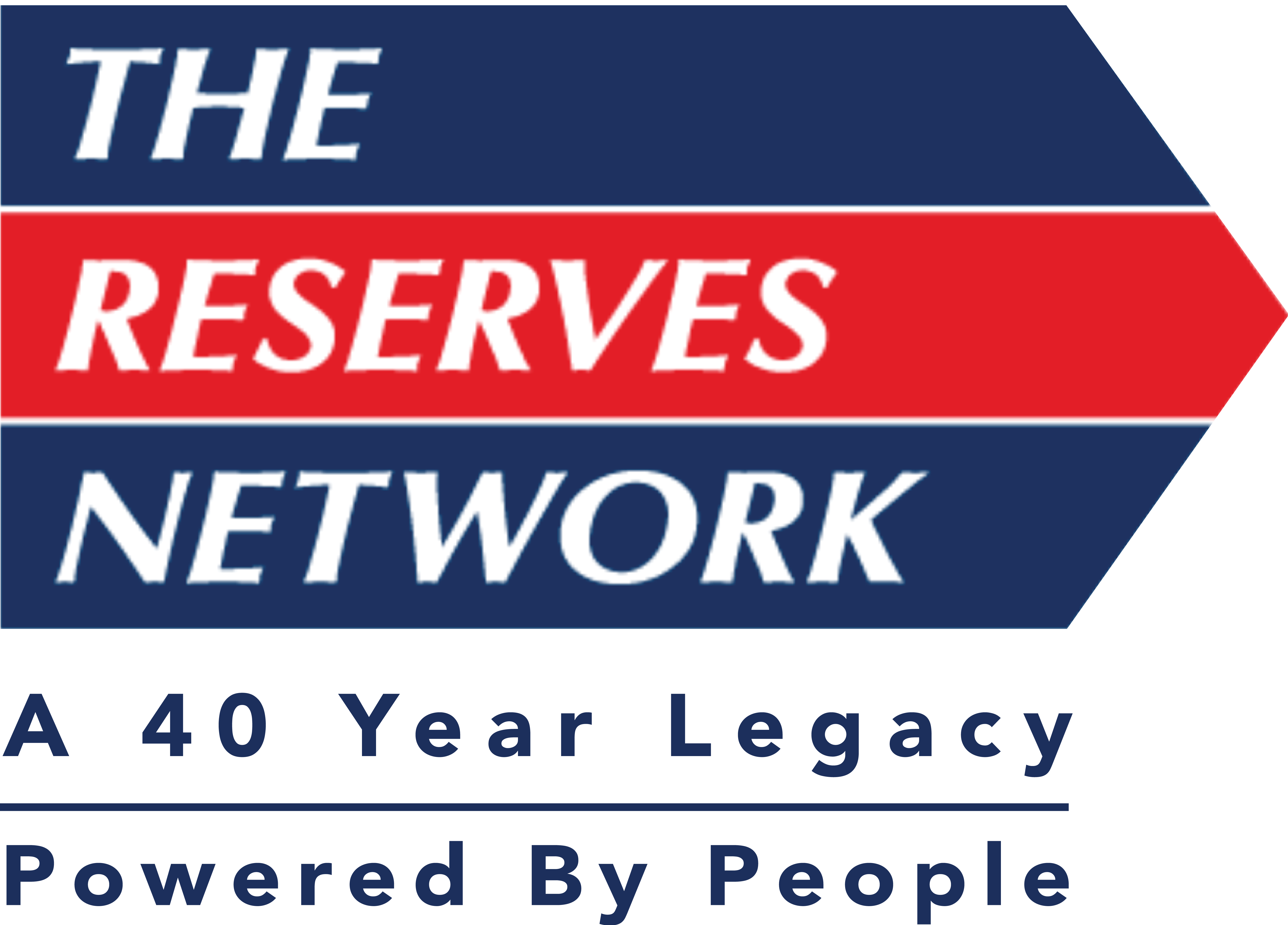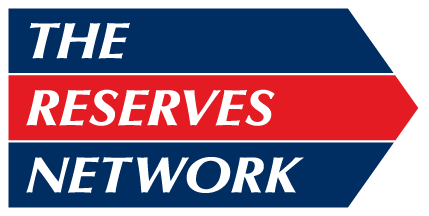The Ultimate 5-Minute Resume Grammar Guide
A resume is more than a piece of paper that summarizes your experience – a great one will demonstrate why you are the best candidate for the position that you are applying to.
“Employers, staffing agencies, and recruiters typically spend less than six seconds reviewing candidates’ resumes,” said Brandon Thimke, director of communications at The Reserves Network. “Simple grammatical errors can – and often do – result in a rejection. A simple misspelled word or an improperly formatted sentence could mean the difference between landing your dream job and a prolonged job search.”
Ensure that your resume is free of the most common mistakes people make.
-
Keep It Simple
Employers frown upon unnecessarily long resumes. Resumes should not include an explanation about why you are great choice for the job. A resume should also not include an objective (unless you are applying for a particularly unique job), or a personal statement. The best place to address those topics is in a cover letter.
-
Stay Away from Personal Pronouns
Although enticing, do not use personal pronouns such as “I,” “he,” or “she.” Employers and recruiters already understand that the resume is about you, your qualifications, and why you are a great candidate for the job. Instead of saying “I helped manage employee payrolls,” state “Helped manage employee payrolls.”
-
Use the Proper Tense
Always refer to former jobs in the past tense, never present tense. Likewise, if you are currently still employed, make sure you use present tense to reflect that the position is still viable.
-
Double and Triple Check Spelling
Spell check is a wonderful, time saving tool, but it can still make mistakes. Always manually review spelling. Some of the most common spelling mistakes that evade spell check include mistaking “complement” with “compliment.” Even if the word used in your resume is spelled correctly, it may not be the word you want to use.
-
Common Misuse of Words
Some common errors include not using the proper “to/too/two”, using fewer instead of less (and vice versa), using the wrong form of a word (for example, using “they’re” instead of “their”), and improper use of “whose” and “who’s.”
-
Punctuation
Make sure all commas, apostrophes, and semi colons are correctly placed. Confirm that your resume does not have awkward sentence construction or run-on sentences.
-
Overly Formal Words
Keep word selection simple, clear, and succinct. Word choice that is too formal prevents readers from becoming engaged and makes it appear that you are trying too hard to impress the reader. Also, formal words sometimes are considered an attempt to add “fluff” to your resume.
-
Consider Getting Professional Assistance
It’s a good idea to have a professional resume writing service or recruiter review your resume and offer suggestions. Having a second set of eyes offer advice and feedback is better than wondering why you aren’t receiving interview requests.
Resumes are the quintessential component to any successful job search. With a competitive job market and the number of applicants always exceeding the number of open positions, take time to make sure your resume is working for you.
Your resume is your greatest ally in landing the perfect new position. Consider discussing how to make your resume your greatest asset by contacting The Reserves Network today.



